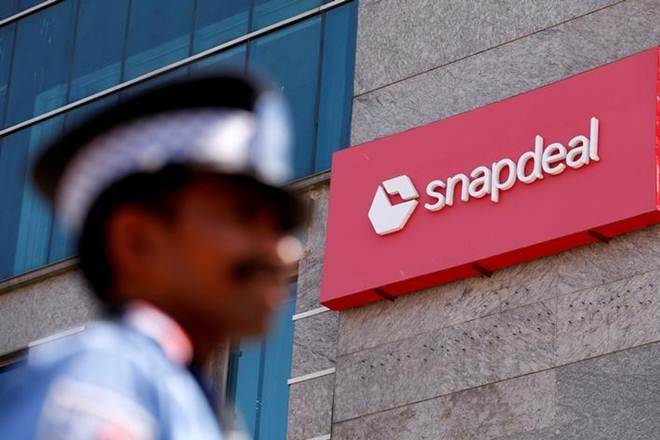SoftBank-backed e-commerce marketplace Snapdeal has said that some companies were using “glaring loopholes” in the FDI e-commerce policy to run a proxy inventory-based model of e-commerce.
Snapdeal had reportedly written a letter to the commerce minister Suresh Prabhu last week without mentioning names of companies however, he stressed that the “loud protests” by some firms was an “indication of how effective this regulation” will be, Reuters reported.
The government had last month announced changes in the FDI policy for e-commerce marketplaces, effective from February 1 2019, that said sellers or group companies of such marketplaces having equity participation or control on its inventory would not be allowed to sell its products on the platform run. This might jeopardize discounts and cashbacks frantically offered by these marketplaces such as Flipkart and Amazon to acquire customers.
The revised guidelines were drafted after local traders and trade bodies complained of large e-commerce players such as Amazon and Flipkart taking advantage of their dominant market position to indulged into malpractices including predatory pricing, vendor exclusivity, deep discounting, funding losses etc., leading to a lack level playing field for small traders.
Amazon and Flipkart have sought extension sought of the February 1 deadline to restructure their business according to the revised rules. While Flipkart had asked for 6 months extension, Amazon had sought time till June 1.
However, the government doesn’t seem to be in favour of extending the deadline for such FDI-backed e-commerce companies, PTI quoted sources.
Last week, the U.S. government had expressed concerns over the revised norms and told officials in New Delhi that it will impact investment plans of Amazon and Walmart.
The U.S. government cited “good relations” between the two countries and stressed that American companies should be given concessions in the larger interest of bilateral trade, but India gave a “non-committal” response, the source said.
Snapdeal, on the other hand, has said that it expects to comply and go through a “smooth transition” with the deadline.
“Every nation has a right to frame policies that best suit its economic and social needs,” the letter by Snapdeal said.
Amazon had committed investment of $5 billion in India while Walmart had bet $16 billion in India’s high potential e-commerce market with Flipkart’s acquisition last year.

